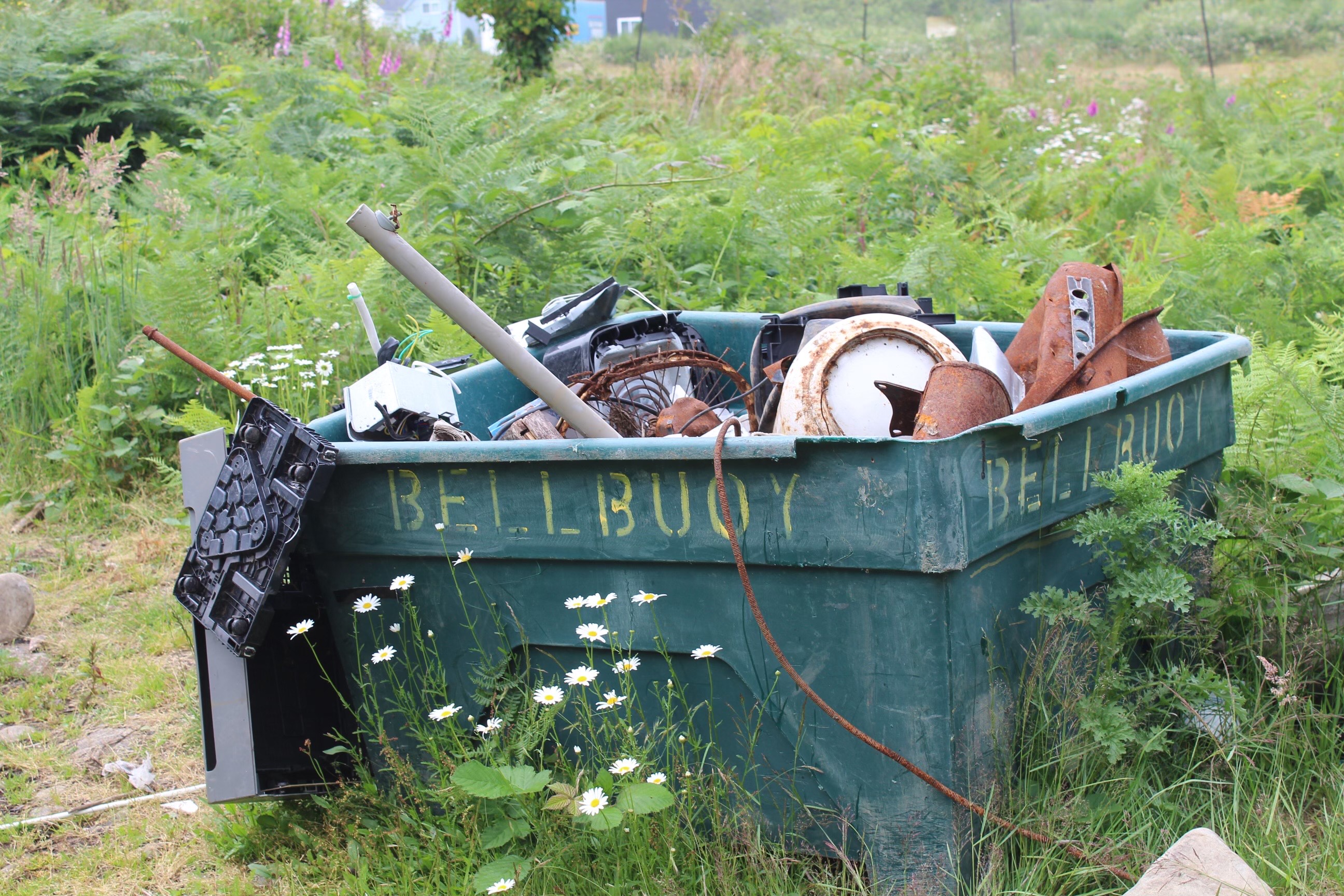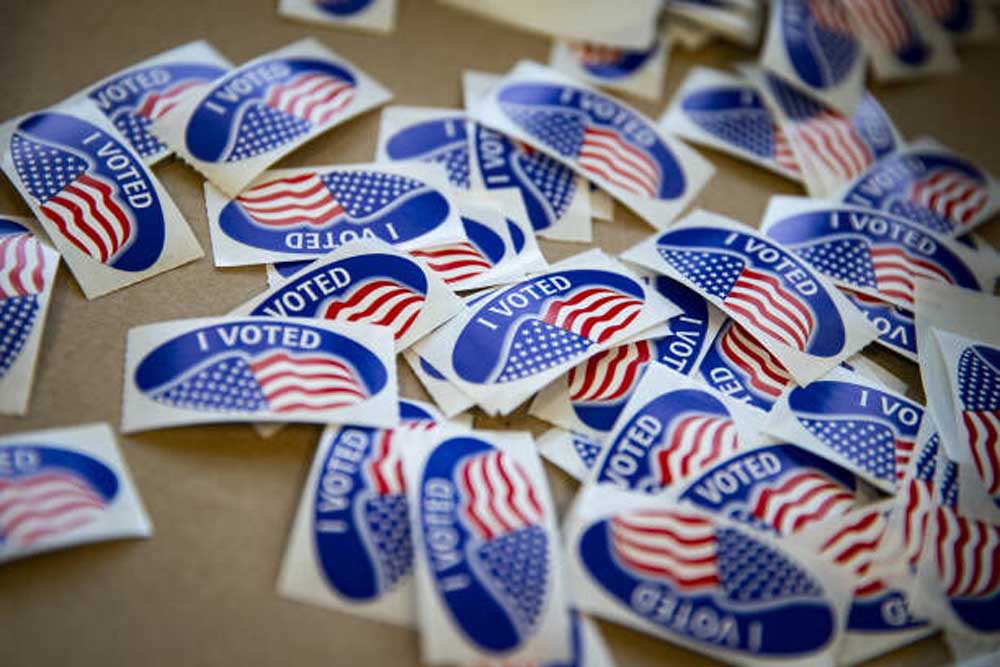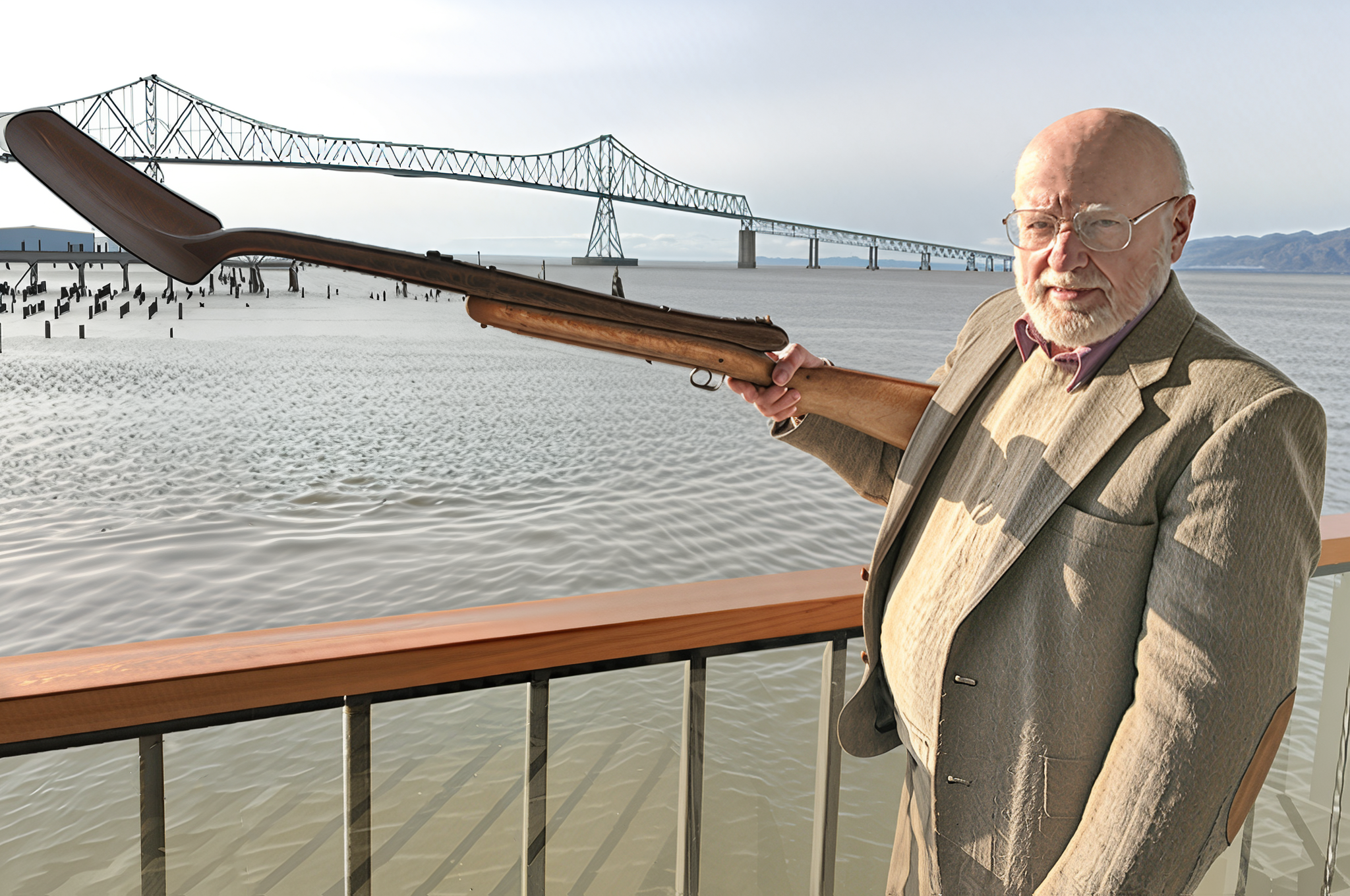Washington Supreme Court to hear Inslee’s carbon cap
Published 8:24 am Thursday, January 3, 2019
OLYMPIA, Wash. — The Washington Supreme Court will hear arguments in March on whether Gov. Jay Inslee’s Clean Air Rule was an illegal power grab by the executive branch.
The court also may consider whether the regulation would backfire and increase the global release of greenhouse gases.
Inslee, unable to pass climate-change legislation, directed the state Department of Ecology to develop the rule to cut carbon emissions.
Two food processors, a fertilizer maker and about four dozen other manufacturers would be required to cut carbon emissions or buy credits created by someone else’s reductions. Petroleum refineries and natural gas companies would have to buy the credits too because their products release carbon when used. the Department of Ecology estimates, broadly, the rule would cost businesses between $445 million and $6.7 billion over 20 years.
A Thurston County judge ruled Washington’s Clean Air Act didn’t give the Department of Ecology authority to regulate distributers of fossil-fuel products and tossed out the entire rule.
The Department of Ecology appealed directly to the Supreme Court, stating climate change was too pressing a matter to wait.
Now the high court has put the case on its calendar, and the parties are filing briefs.
The Department of Ecology defends the legality of the rule, and the environmental groups that have joined the lawsuit argue the court should broadly interpret the department’s authority because climate change is a significant threat to every Washington resident.
The rule will increase the cost of making farm goods and other products. The business coalition, which includes the Northwest Food Processors Association as well as the Washington State Farm Bureau, claim that Washington companies will lose market share to out-of-state competitors. And the competitors are likely to be in places where manufacturers emit more greenhouse gases.
Natural gas companies argue the rule will make natural gas prices soar. Electric utilities will be motivated to buy more coal-fired power, and ratepayers will install wood stoves, the companies claim.
The primary issue is the Department of Ecology’s authority. The lawsuit against the rule, however, also brings up whether the department should have conducted a more thorough review of the rule’s environmental consequences.
The Department of Ecology dismisses the complaints. Before adopting the rule, the department declared the rule would not have a significant adverse harm to the environment. Thurston County Superior Court Judge James Dixon tossed out the entire rule without addressing whether the department was wrong to conclude the rule would have no significant environmental harm without a more thorough study.
The farm bureau and other business groups argue the rule would raise the cost of making agricultural goods and other products in Washington. The state’s manufacturers would lose customers to competitors in places with more lax-emission standards, like China.
Meanwhile, natural gas companies argue that natural gas prices would increase significantly enough to steer electric utilities into buying more coal-fired power and to motivate customers to replace relatively clean-burning natural gas with smoke-emitting wood stoves.
In its defense, the Department of Ecology says it recognized the possibility of manufacturing shifting to out-of-state by giving “energy-intensive, trade-exposed companies” more time to comply with the rule.
The department also says the court should ignore the complaint that it violated state law by not doing an environmental impact statement because businesses are motivated by their economic interests, not environmental concerns.









